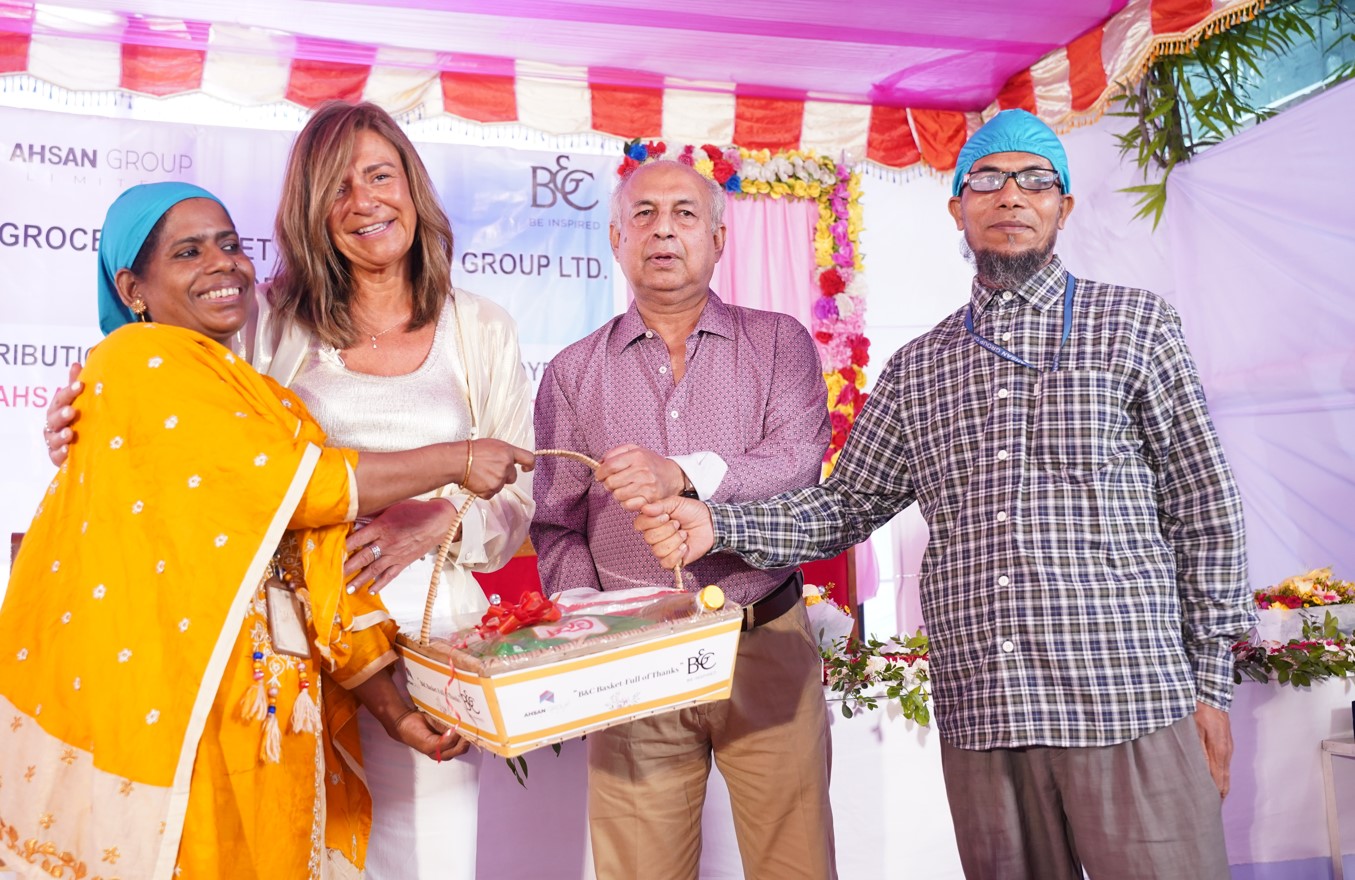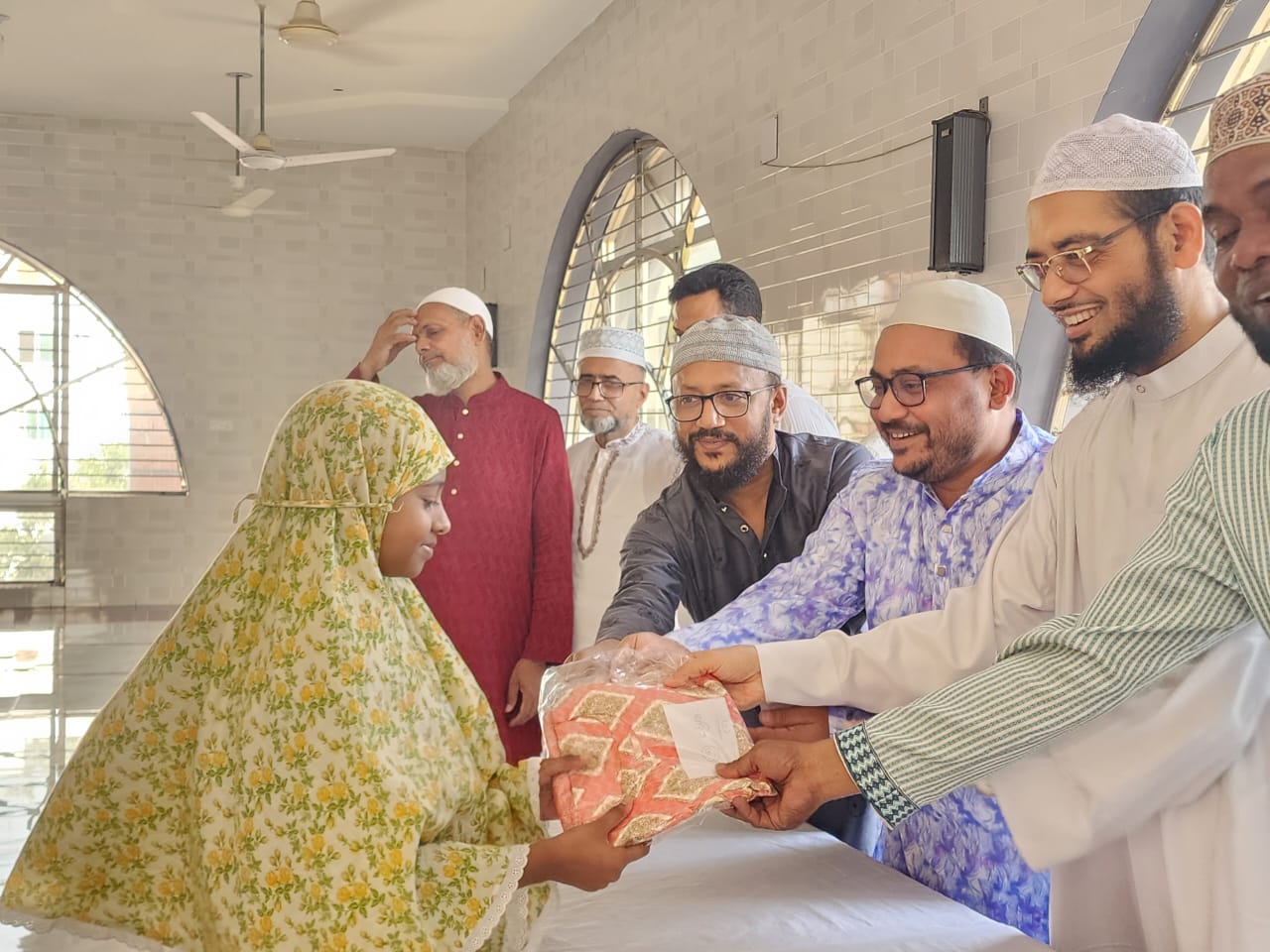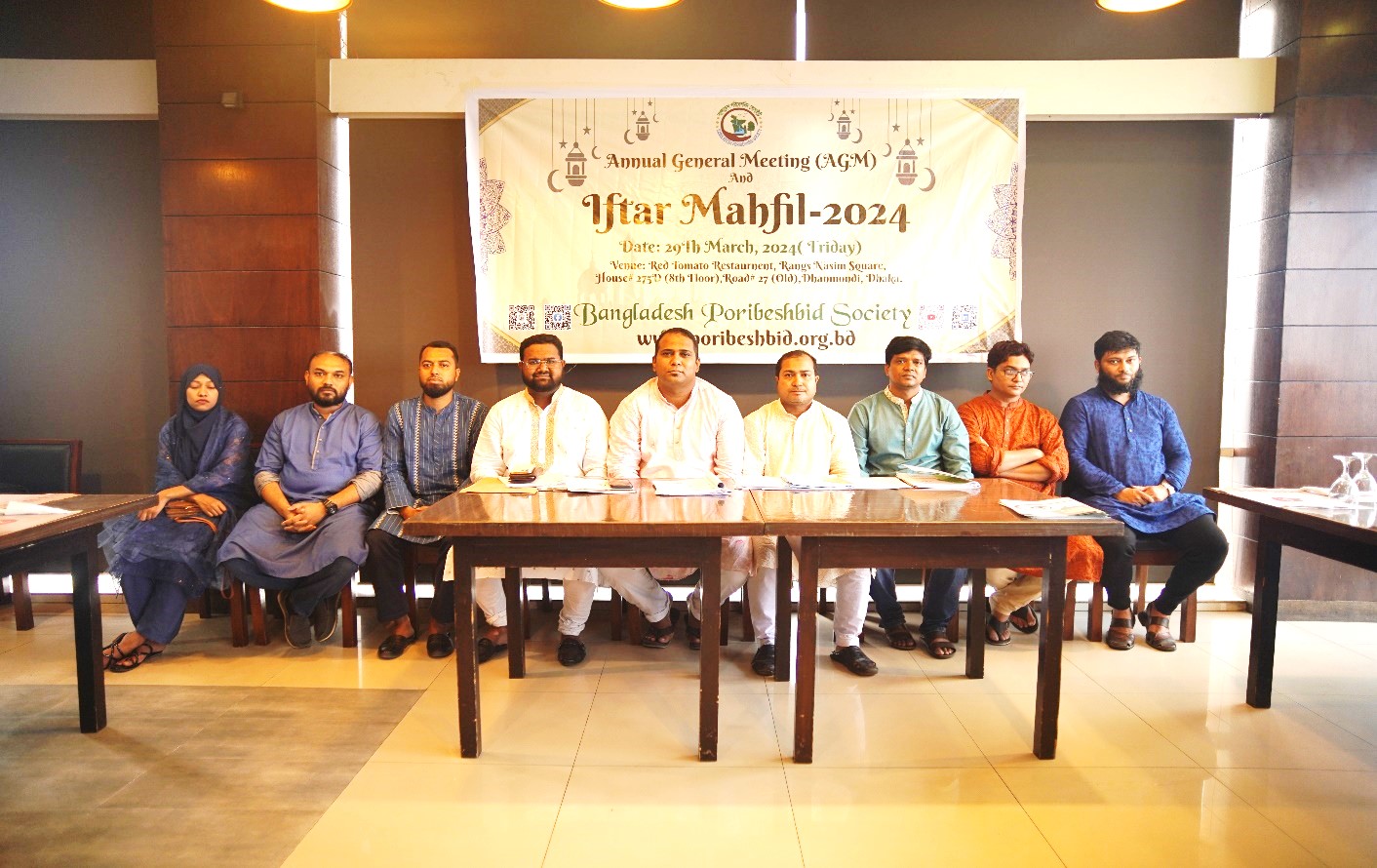New GSP of UK: Bangladesh’s RMG export prospects brighten

Bangladesh’s garment export to the United Kingdom (UK) is expected to rise significantly as the British government will continue to offer duty-free benefits to developing nations even after they graduate from the least developed country (LDC) status.
As per the United Nations Committee for Development Policy, Bangladesh is scheduled to make the United Nations status graduation to a developing nation from an LDC in November 2026.
This will also lead to the country losing its preferential trade benefits.
Only the European Union (EU) will continue offering the LDC trade benefits to Bangladesh for a grace period of three more years, up to 2029.
However, the UK has introduced its new Generalised System of Preferences (GSP), namely Developing Countries Trading Scheme (DCTS), under which developing nations will also enjoy duty-free benefits to the UK markets.
The UK has introduced its new Generalised System of Preferences (GSP), namely Developing Countries Trading Scheme, under which developing nations will enjoy duty-free benefits to its market.
The DCTS replaces the EU GSP scheme, under which Bangladesh used to avail duty-free access to the UK, as a part of Brexit, for which the British government has been developing new trade policies.
In the post-Brexit period, Bangladesh’s apparel has been staging a strong performance in the UK because of its price competitiveness.
For instance, Bangladesh exported $ 5.02 billion worth of clothing to the UK in the last fiscal year of 2022-23, which was $ 4.50 billion in FY2021-22, according to the Export Promotion Bureau (EPB).
And during the January-July period of 2023, it amounted to $3.11 billion, up from $2.72 billion in the same period of the previous year.
Currently, the UK is the third largest export destination for Bangladesh after the US and Germany.
Bangladesh is the second largest garment exporter worldwide, accounting for 7.9 percent of the global market.
Every year the share of the country has been increasing, with top exporters China losing its market share for a shortage of skilled workforce and the growing cost of production.
The UK’s new DCTS came into effect recently, with the British government implementing the new policy after consultations with stakeholders, said Md Shahidullah Azim, vice-president of the Bangladesh Garment Manufacturers and Exporters Association (BGMEA).
However, under the European Union’s draft GSP proposal for 2024-34, Bangladesh’s apparel products may face protectionist measures, said BGMEA President Faruque Hassan in a WhatsApp message.
But the UK’s DCTS does not include such provisions, he said.
Currently, the BGMEA and the Bangladesh government are trying to lift the protectionist measures through consultations with the European Commission.
Accordingly, the government has already proposed that the EU extend the grace period for the status graduation up to 2032, citing the severe fallouts of the pandemic and Russia-Ukraine war, he said.
Even for economically vulnerable countries, the DCTS appears more flexible in terms of the implementation of certain international conventions, Hassan said.
“Apart from the UK, we have also been able to secure positive outcomes in market access to Canada and Australia,” he said.
“We are launching the Developing Countries Trading Scheme (DCTS) to harness the power of trade to help developing countries grow and prosper,” reads a statement from the UK’s Department for Business & Trade.
“The new scheme offers developing countries one of the most generous sets of trading preferences of any country in the world,” it adds.
The DCTS applies to 65 countries, including those that currently benefit under the UK’s GSP, offering lower tariffs and simpler rules of origin requirements for exporting to the UK.
The GSP includes 47 countries in the GSP LDC Framework and 18 additional countries or territories classified by the World Bank as low-income (LIC) and lower-middle income (LMIC).
It does not apply to countries classified by the World Bank as upper-middle income for three consecutive years, or to LICs and LMICs with a free trade agreement with the UK, the statement also said.
Courtesy: The Daily Star
ঢাকা বিভাগের আরো খবর
-

Inspection authority orders factories to keep cold water for workers amid heatwave
-

মহান মে (শ্রমিক) দিবস উপলক্ষে বিডিআরএমজিপি এফএনএফ ফাউন্ডেশন এর সোলার সিস্টেম বিতরণ
-

Ahsan Group Ltd. and The Cotton Group Join Hands to Support Workers with Free Grocery Baskets
-

Bangladesh gets another LEED-certified green factory
-

সুবিধা বঞ্চিত শিশুদের মাঝে আদিফা মেমোরিয়াল ট্রাস্টের ঈদ উপহার বিতরণ
-

গাজীপুরে এতিম শিশুদের সাথে বিডিআরএমজিপি এফএনএফ ফাউন্ডেশনের ইফতার ও দোয়া মাহফিল
-

আদিফা মেমোরিয়াল ট্রাস্টের উদ্যোগে ঢাকার উত্তরার গাউসুল আজম জামে মসজিদ কোরআন শিক্ষা একাডেমির দরিদ্র শিক্ষার্থীদের নতুন পোশাকে ঈদ আনন্দ
-

রাজেন্দ্রপুর গাজীপুরে হাফেজ ও এতিম শিক্ষার্থীদের জন্য আদিফা মেমোরিয়াল ট্রাস্টের ইফতার আয়োজন
-

এতিম শিশুদের সাথে আদিফা মেমোরিয়াল ট্রাস্টের ইফতার ও রাতের খাবার
-

“বাংলাদেশ পরিবেশবিদ সোসাইটির বার্ষিক সাধারণ সভা ও ইফতার মাহফিল অনুষ্ঠিত”
-

গাজীপুরে আরএমজি প্রফেশনালস্ এফএনএফের উদ্যোগে সিলিং ফ্যান বিতরণ
-

Solidarity with striking garment workers at Sumithra Hasalaka, Sri Lanka!
-

Full panel of Sammilito Parishad wins BGMEA election
-

বিলস আয়োজিত গবেষণার ফলাফল উপস্থাপন ও জাতীয় সংলাপ
-

Sustainable Apparel Coalition Rebrands as Cascale








মতামত লিখুন :